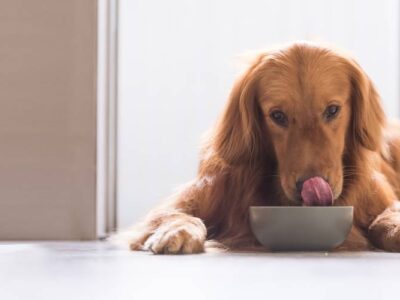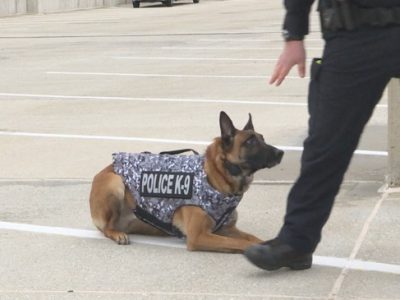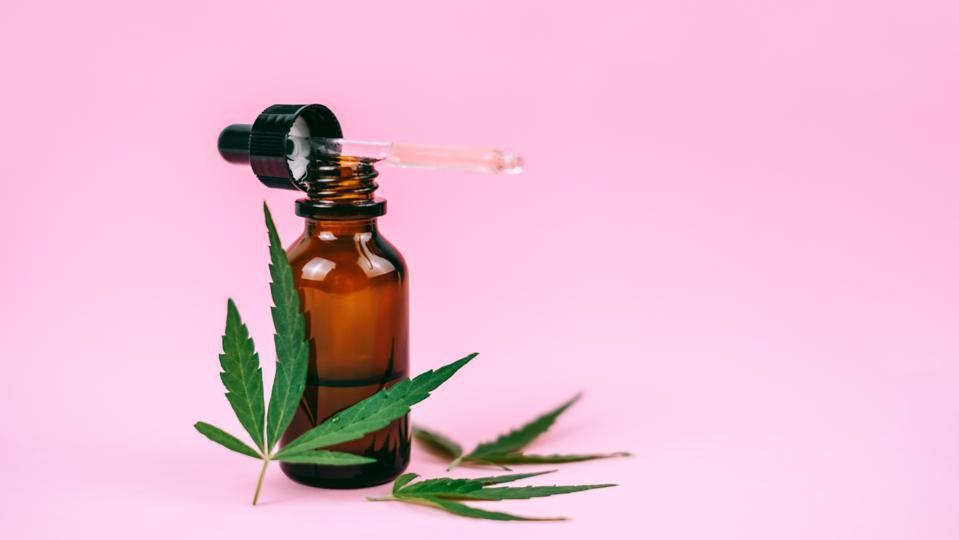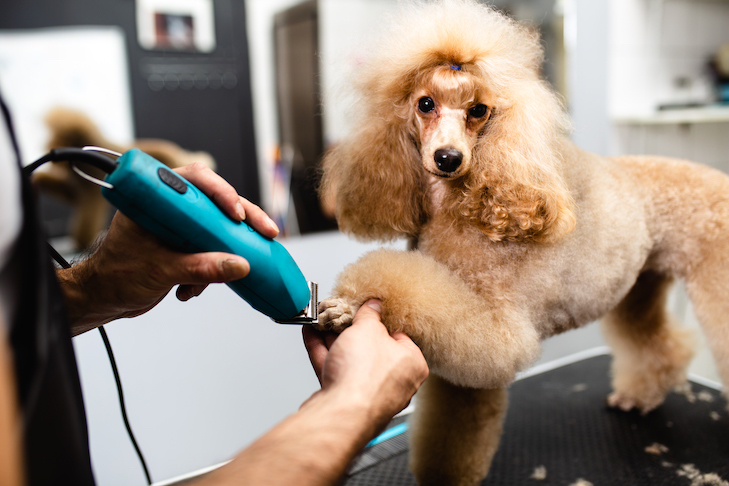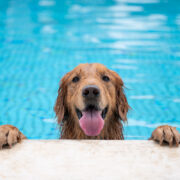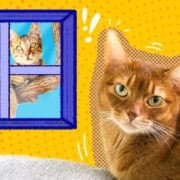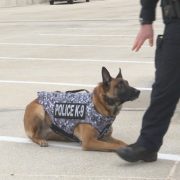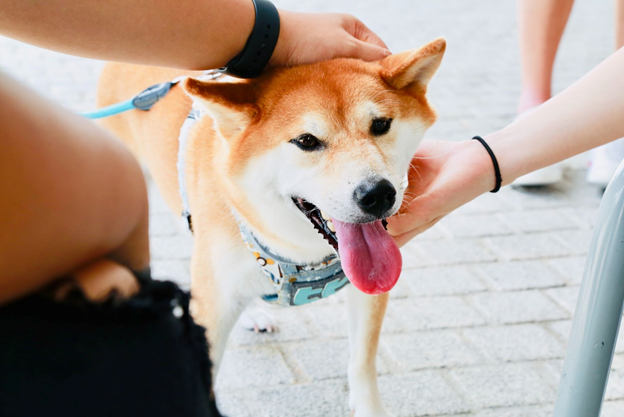
The Shiba Inu is one of the most popular dog breeds across the globe — and for good reason. This widely-known hunting dog from Japan may be familiar to you as it has been featured in countless movies and is considered Japan’s number one companion dog.
If you are considering bringing home a Shiba Inu puppy, it is crucial to learn more about the breed. By gaining more insight, you can determine if welcoming a Shiba Inu into your home is the right choice. From its origins to its common health problems, read on to see if the Shiba Inu is the right dog for you.
Breed’s History
The Shiba Inu originated from Japan and was primarily used as a hunting dog to draw out small game and birds for hunters. This fox-like dog breed is one of the six original spitz dogs in the country including the Akita, Hokkaido, Kai Dog, Kishu, and Shikoku. It is theorized that the breed got its name from the archaic meaning of the word “Shiba” which means small. Another theory explains that the word “Shiba” also means “brushwood”. The breed was given the name Shiba Inu as their unique red color is reminiscent of the autumn color of the brushwood leaves.
During World War II, the breed nearly perished with most dogs succumbing to distemper. Fortunately, the Shibas were brought from the remote countryside after the war and breeding programs were established. Today, the modern Shiba Inu is a popular breed in their homeland and is a favorite among dog lovers around the world.
Appearance
On average, Shiba Inus can grow as tall as 34-42 cm and weigh about 8-10 kg. The breed comes in four variants including sesame, cream, red, and black and tan. The Shiba Inu is known for its unique white color marking called “urajiro” in Japanese. These markings can be found on the chest, neck, cheeks, and belly.
Breed Characteristics
This charming breed is known for its loyalty and strong-willed nature. A well-bred Shiba Inu that has been socialized from an early age will get along well with other pets and family members. Shiba Inus are known for their protective nature, which makes them less open to strangers. However, Shibas are adaptable dogs that can be trained to be faithful, affectionate companions.
Health Issues
Although the Shiba Inu is a generally healthy breed, it is prone to certain health conditions. While not all Shiba Inus will acquire these diseases, it is worth knowing if you are considering this breed. If you are adopting a puppy, be sure to find a reputable breeder that can present health clearances for both the pup and its parents. Common health issues that affect Shibas include:
- Allergies – This is a common ailment in most dog breeds and that includes the Shiba Inu. This can be categorized into three main types of allergies: contact allergies, food allergies, and inhalant allergies.
- Glaucoma – Glaucoma can either be a hereditary or secondary condition. Symptoms include pain and vision loss, with treatment usually involving eye drops or surgery.
- Hip Dysplasia – This heritable condition occurs when the thigh bone does not fit snugly into the hip joints. Dogs with this condition may show signs of pain and lameness on one or both rear legs.
Grooming
The Shiba Inu is a fairly low-maintenance breed when it comes to grooming. Although it will need a bath every now and then, it requires brushing at least once a week to remove dead hair. It is also recommended to trim its nails twice a month and to brush its teeth 2-3 times a week to prevent gum disease.
Temperament
Generally speaking, Shiba Inus are confident and fearless dogs. They are also independent and loyal, which makes them an ideal breed if you prefer a dog that can be on its own. Nonetheless, temperament depends on several factors, such as training, socialization, and heredity.
Training and Intelligence
Shiba Inus are considered highly intelligent dogs, so a Shiba Inu pup may think twice before obeying a command or house rule. The breed is also known for its independence and possessiveness, which make them challenging to train. Hence, working with a reputable trainer may be necessary if you have no prior experience training dogs.
Early training and socialization are also crucial to help Shibas get along with other humans, dogs, and other pets. Training will help prevent or curb common, undesirable dog behaviors like chewing, separation anxiety, and more.
Shiba Inu — The Bottom Line
If you are looking for a loyal and independent but affectionate dog, look no further than the Shiba Inu. Although it is prone to certain health conditions and is more challenging to train, this confident, fearless, and charming breed could be the perfect companion for you and can make a great addition to your family.
https://unsplash.com/photos/TUlOl5RPw3U

